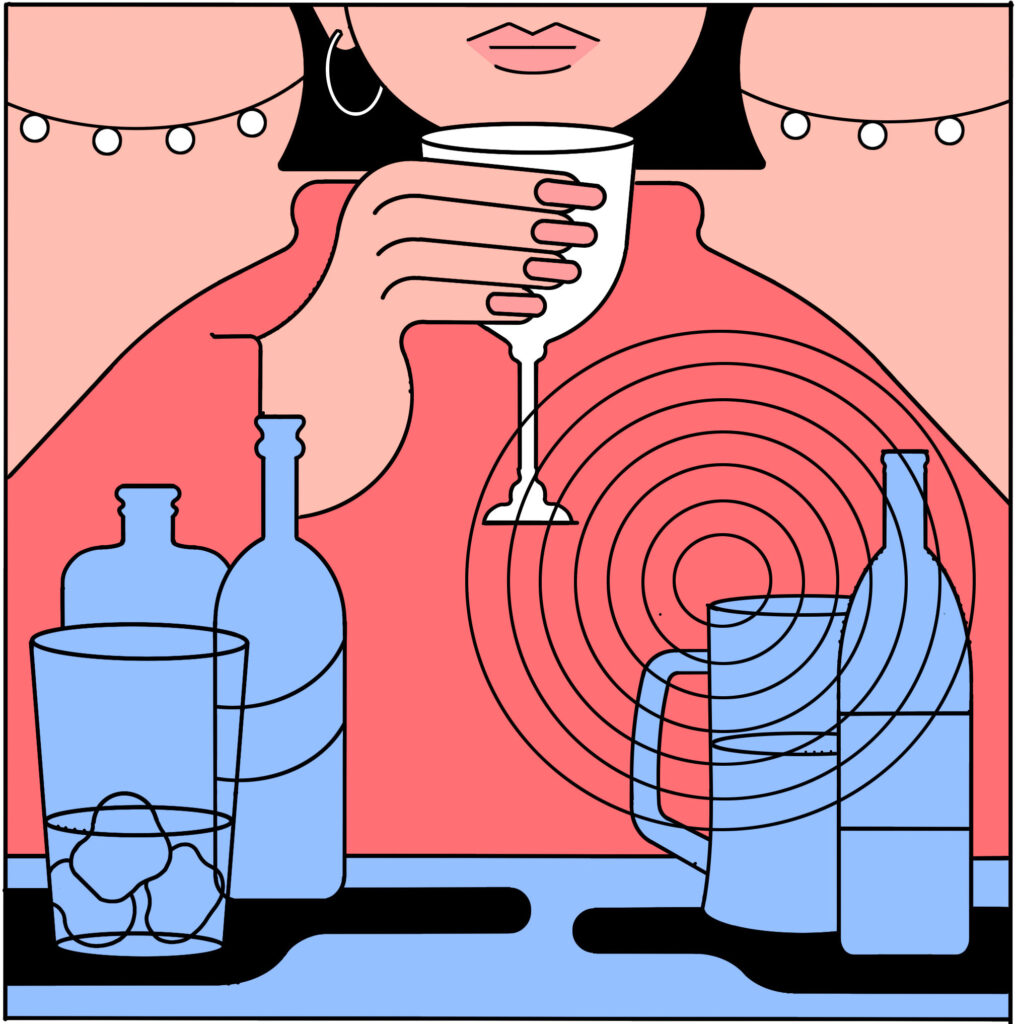
Holiday Festivities 2023-2024: Guidelines for Responsible Alcohol Consumption to Promote Heart Health
Navigating Cardiac Health During Christmas 2023 and New Year 2024 Celebrations: Expert Insights on Safe Alcohol Consumption
When it comes to understanding the effects of alcohol consumption, especially during festive seasons like Christmas and New Year, the abundance of online information can be perplexing. It is crucial to bear in mind that alcohol, when consumed excessively, can be addictive and highly detrimental to health. The impact of alcohol on an individual’s well-being varies, influenced by factors such as the type and quantity of alcohol consumed.
How does alcohol intake affect overall fitness, particularly cardiovascular health? Dr. Zakia Khan, Senior Consultant-Interventional Cardiology at Fortis Hospital in Kalyan, sheds light on this matter in an interview with HT Lifestyle. She emphasizes, “Alcohol can have both minor and significant effects on internal organs and bodily processes. While occasional drinking may not harm the heart, binge drinking can adversely affect cardiac health, leading to conditions such as high blood pressure, heart failure, stroke, and Cardiomyopathy—a disorder impacting the heart muscle.”
Dr. Zakia Khan advises caution, stating, “Binge drinking can also disrupt the heart’s rhythm, increasing the risk of Arrhythmia or irregular heartbeats.” When asked about the preferable type of alcoholic beverage, she notes, “While certain drinks, like red wine, are high in antioxidants and offer health benefits, excessive consumption of any alcoholic beverage poses health risks. Individuals with existing cardiac problems or comorbidities should be cautious, as alcohol consumption, even in limited quantities, elevates the risk of stroke and high blood pressure.”
To promote safe alcohol consumption, especially during celebratory times like New Year, Dr. Zakia Khan offers the following tips:
- Consume food before drinking to avoid intoxication on an empty stomach.
- Stay hydrated by drinking plenty of water, ideally one glass for every standard drink.
- Pace yourself and allow your body time to process alcohol—approximately one ounce per hour.
- Avoid combining alcohol with substances like caffeine, as it can mask alcohol’s effects, increasing the risk of binge drinking.
- Never drink and drive, even if you feel sober, as alcohol may still be in your system, affecting reaction time.
Dr. Zakia Khan concludes, “While moderate alcohol consumption is acceptable, it’s crucial to exercise caution as it can impact both short-term and long-term well-being. Exploring alternative ways to usher in the New Year is advisable, considering the potential harm associated with excessive alcohol consumption.”